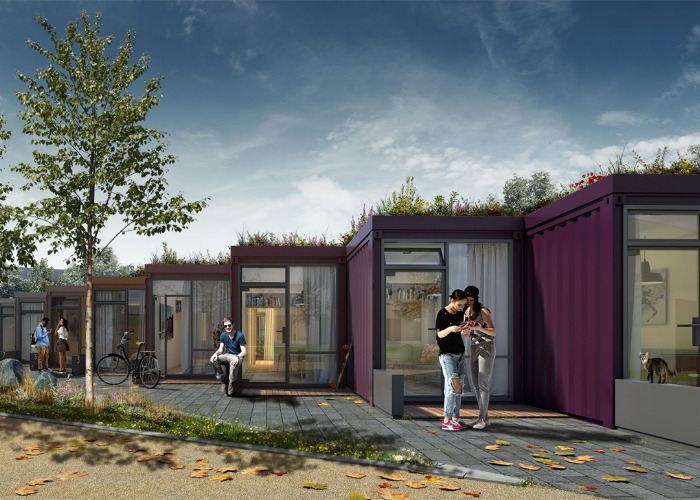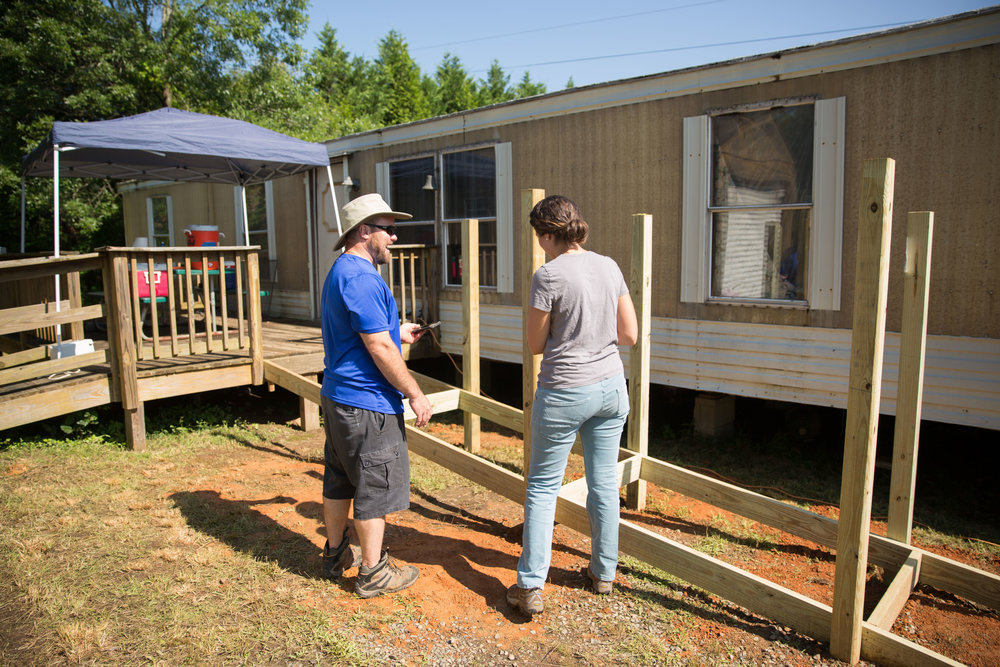Optimistic Journey Vision & Mission

Vision
Optimistic Journey will serve as a catalyst for significant social change by supporting underserved, disenfranchised and disadvantaged ex-offenders transform their lives. We strive towards mitigating and ultimately eradicating major issues associated with poverty.
Objectives and Need for Assistance
Optimistic Journey is a community-based agency located in the heart of South Florida. We use local, state, national, and private funding to provide a comprehensive range of services for ex-offenders. Our services will focus on Transitional Living and community outreach programs. The continuum of services for ex-offenders offered by the agency includes transitional living, community outreach services designed to keep individuals off the streets, and re-offending. Which provides prevention, intervention, and crisis intervention to those who are prone to recidivism.
Almost half of the new jobs created in the United States in the past several years have been in small businesses and self-employment. The emerging global and national new economy demands unique, creative, and constantly- evolving solutions that meet specific customers’ needs. That is the very real world in which our participants must identify a market niche for themselves and in which they must learn to navigate, if they are to be successful in the work-force.
It is our intent to model our project around the same new economy values. The self-employment and micro-enterprises created by project participants will each be designed to fill the unique specific needs and to remove the specific barriers identified for each and every project participant. We strongly believe that the tangle of problems that has left individual on TANF rolls or otherwise in poverty are best addressed by individualized and well-coordinated training, supports and planning rather than a by a cookie-cutter one-job-fits all approach. Personal barriers to employment, job retention and greater self-sufficiency

The most powerful personal barriers to employment success for this population include
- Lack of basic job skills
- Lack of basic financial and computer skills
- Lack of support system and training
- Fear of failure
- Community Systemic Barriers
The most powerful personal barriers to employment success for this population include
- The inability to find affordable and dependable housing is one of the main barriers to training Obtaining, maintaining stable employment
- Becoming self-sufficient.
- Transportation
The average household in underserved communities is one-third less likely to own a private vehicle, yet public transportation is limited to and from the city.
- Stable and affordable housing is essential for success as an independent individual and self-sufficiency
- Relationships

Optimistic Journey will work with each participant to resolve the impact of community systemic barriers such as the ones mentioned above.
Goals and Objectives
To assist homeless, underserved, underprivileged, disenfranchised and disadvantaged ex-offenders to obtain and maintain secondary, and where feasible, post-secondary education and/or vocational training.
At risk individuals are assisted to pursue educational goals outside of our General Contractor training and Real Estate Investing Strategies.
Individuals will be assisted in deciding where to pursue their educational goals, in applying to other educational institutions if desired, in developing good study habits and problem-solving issues with school.
Support is provided by all program staff but is the primary responsibility of the case manager. The goal plan completed with the individuals when they enter the program and every 90 days thereafter directs service provision. The goal plan has a section focused on education.
This objective will be evaluated by
1) Program Logs
2) Self-Sufficiency Matrix
3) Goal Plans